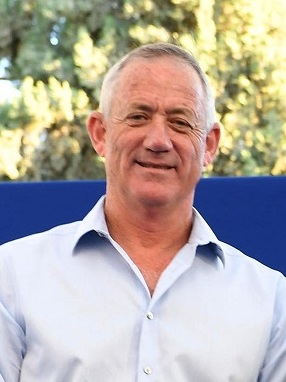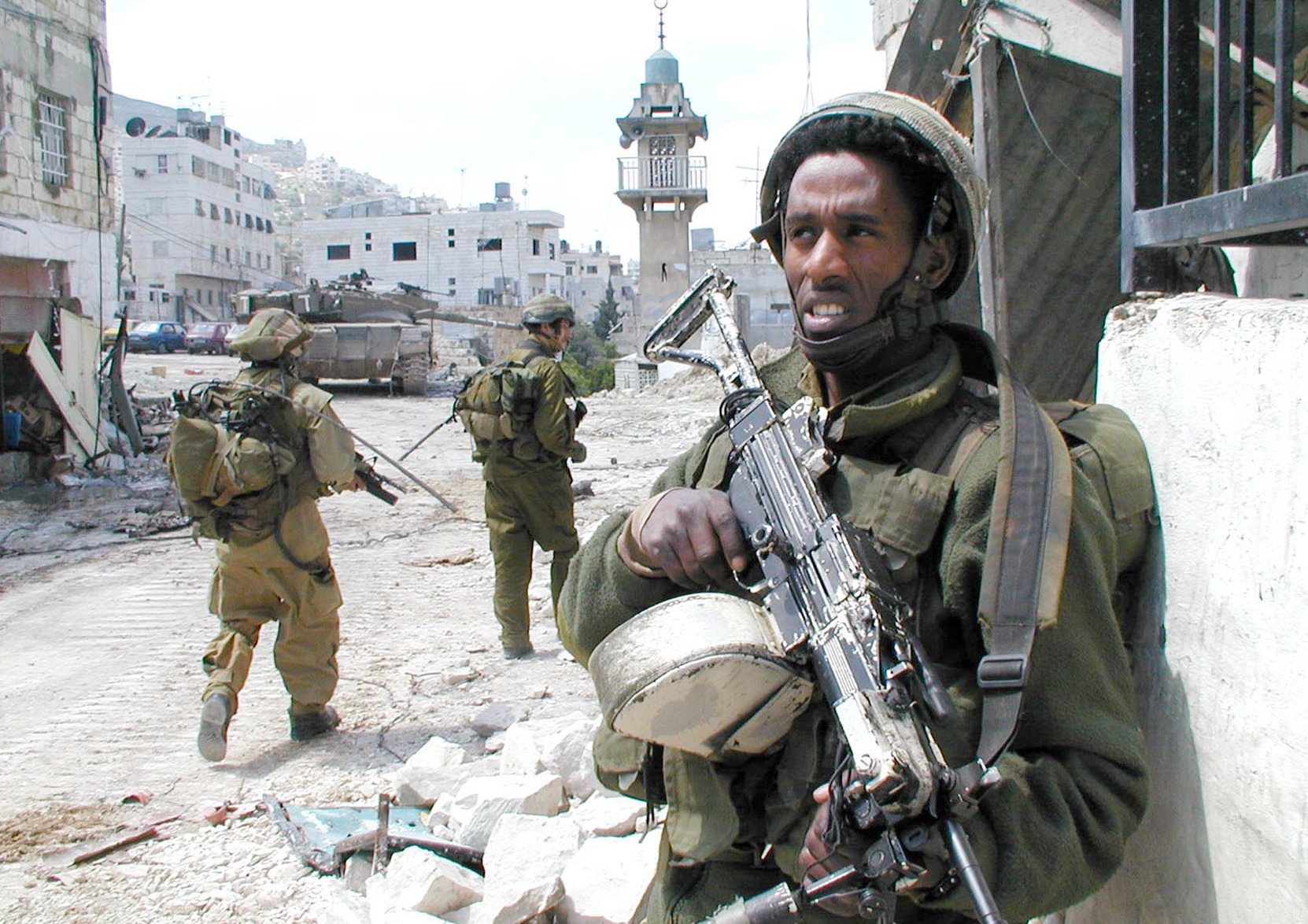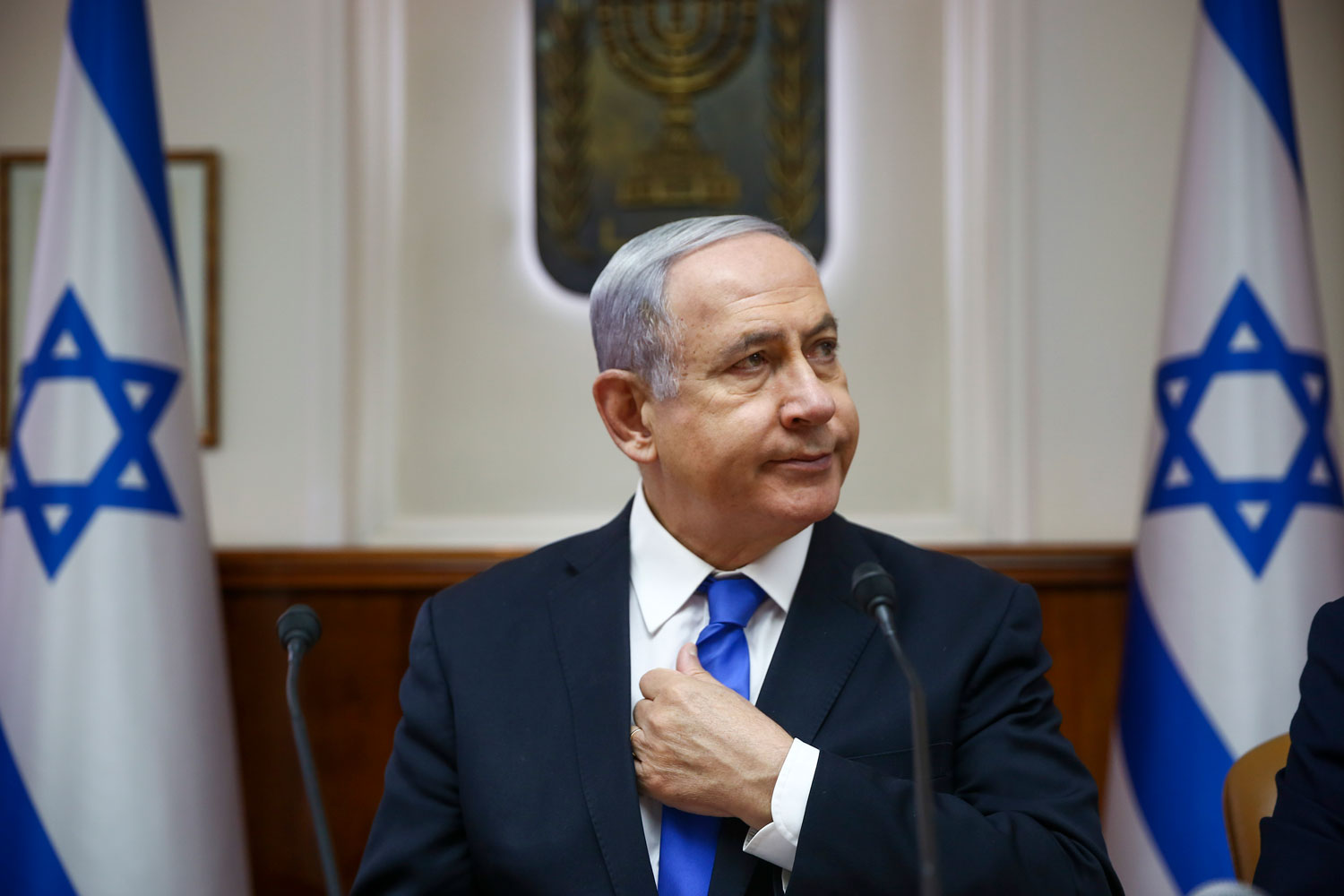The state of Israel is witnessing its second national election of the year today. Yes, you have read it correctly, the second national election this year. You see, Israel’s present political system is heavily dependent on coalition building, as no single party enjoys absolute majority. In the first polls conducted in April this year, Benjamin Netanyahu and his right-wing allies stole the march. However, Netanyahu failed to consolidate them into a majority government, especially as he lost the support of his former defence minister, Avigdor Lieberman. Netanyahu forced parliament to dissolve to better chance his return, and set off repeat elections.
Netanyahu faces three charges of corruption for which the Israeli Attorney General intends to indict him. It is this prospect of indictment that fuelled the last six weeks of his campaign where he declared that up to a third of all occupied Palestinian will become part of Israel if returns to power. His campaign also diabolized the large Arab minority population of Israel, identifying them as a fifth column that puts the country at risk. Allying with the extremist Jewish Power faction, it is reported that Netanyahu also considered launching a major military operation against Gaza.

Benny Gantz, Kahol Lavan Party Wikimedia Commons
Benny Gantz remains to be Netanyahu’s biggest contender in this election too. Gantz, a former Israel Defence Forces (IDF) chief led his centrist Kahol Lavan party to a tie Netanyahu's Likud Party in the April polls. Gantz has affirmed that he wishes to pursue peace with Palestinians, but keeping Israel's security interests in mind. Gantz has also pointed that he will make territorial concessions toward Palestinians. Notably, when asked about the demands of Palestinian statehood, Gantz has chosen to remain silent.
It is projected that both Netanyahu and Gantz’s coalitions will achieve the same results encountered in the April polls in today’s election. It is being speculated that Avigdor Lieberman, Netanyahu’s former minister, and then detractor may emerge as the kingmaker with his faction. But these are number games, the political algebra of a parliamentary democracy system. Sorry Mr Elliot, it seems in this case, September is a much crueler moth than April.
19 years ago, there arrived a September which introduced the world to what has come to be referred to as the Second Intifada – often identified as the harbinger of present Palestinian social movement for self-determination. On 28 September 2000, Ariel Sharon, a Likud right-wing member, and then opposition leader walked in to al-Aqsa mosque in Jerusalem. He was heavily flanked by Israeli soldiers and policemen. Muslims hold the mosque to be the third holiest site in Islam, and hence this move was decidedly on to provoke them. Fighting ensued between the Palestinians defending the mosque and security forces guarding Sharon. Seven Palestinians were killed in the pogrom. Thus began the Second Intifada.
But this was just a trigger. In the self-rule territories, Palestinians experienced little or no economic development as promised by the Oslo peace accords. Israel has systematically denied basic rights to Palestinians under occupation – the right to free access to Jerusalem, security and development, and refugees' right to return. It was 2000, and television media had just dug their teeth into conflict coverage, covering the Gulf War in the preceding decade. Images from the Second Intifada filled tele-screens the world over. We watched as Israeli bullets, missiles, tanks, and helicopters decimated Palestinians. Some of us will never be able to forget 12-year-old Mohammad al-Dura, who was killed in front of TV cameras by Israelis as he was hiding behind his father.

By Israel Defense Forces - Standing Guard in Nablus, 2002, CC BY-SA 2.0 Wikimedia Commons
Almost 20 years have withered away since Sharon consolidated the Likud right-wing hold on Israel – right-wing movement that has helped elect Netanyahu for three terms in office. Last week Facebook suspended a chatbot on Benjamin Netanyahu’s official page after it breached hate speech policy by sending visitors a message warning of Arabs who “want to destroy us all”. The fate of Palestinians is as uncertain as it was during the Balfour Declaration. Stuck in a time warp of endless persecution, destruction and death, they scrape to live, waiting for an absolution. In the words of poet Mahmoud Darwish, “Nothing is harder on the soul, than the smell of dreams, while they're evaporating.”











